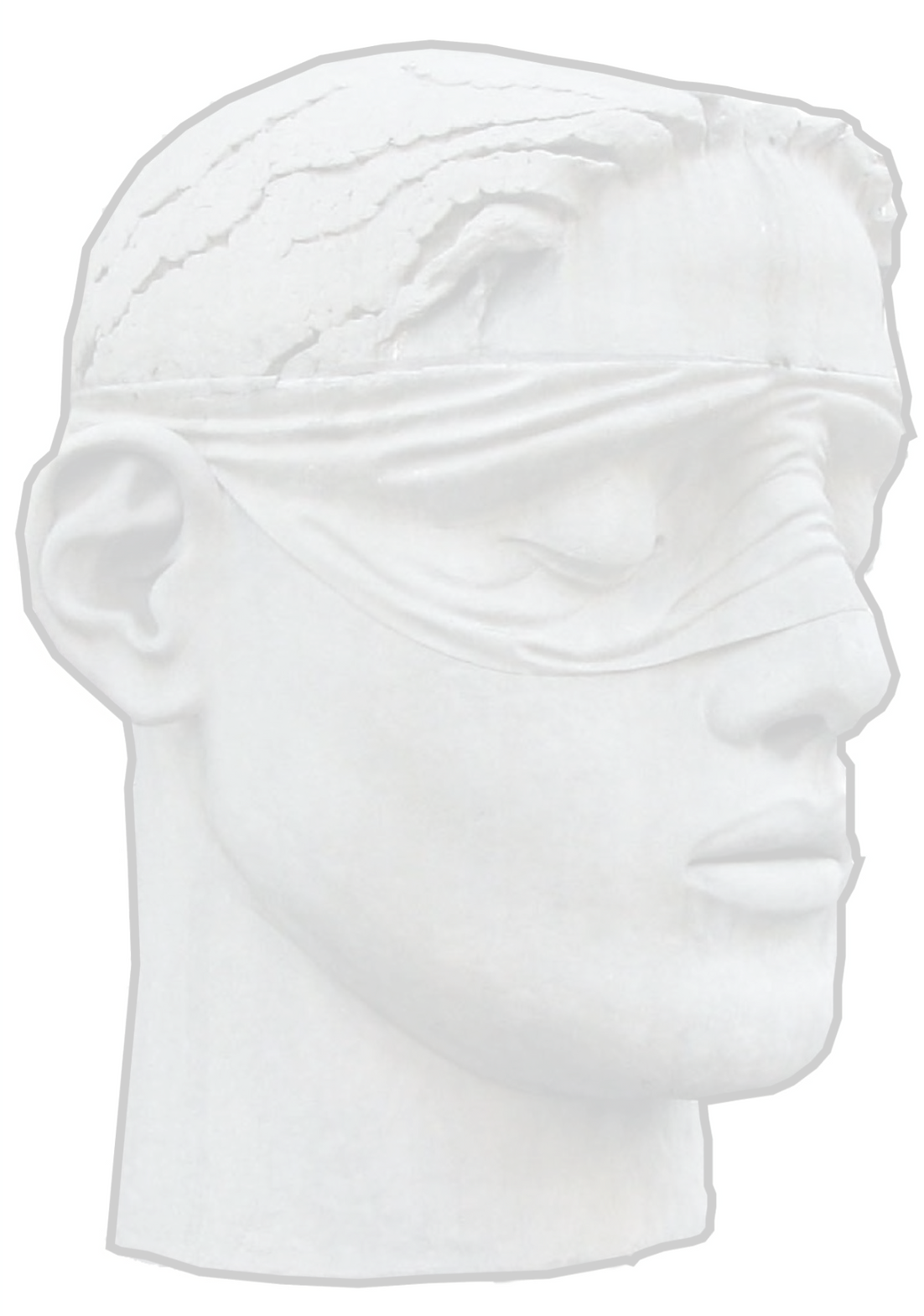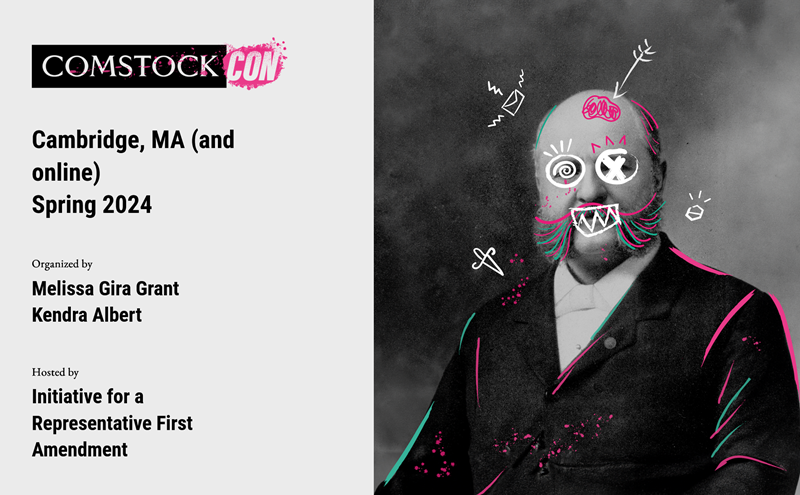

EVENTS
Our team is advised by a committee of leading voices in movements for bodily autonomy, including reproductive justice, sex workers’ rights, disability justice, trans justice, and justice for criminalized survivors: Danielle Blunt, Renee Bracey Sherman, Gillian Frank, Jules Gill-Peterson, and Andrea Grimes.
We imagine (and want to build) a constituency as broad and interconnected as those Anthony Comstock sought to harm. We hope you’ll join us.
More at: COMSTOCKCON.COM
ComstockCon is a convening inspired by the fallout from the Dobbs decision and attacks on bodily autonomy. We’ll bring together organizers, historians, attorneys, journalists, artists, writers, and others to trace the connections between the political context in which the Comstock Act was passed and how it constrains our present.
IfRFA Events Over The Years:
-
October 31, 2023: “The Afterlife of Anthony Comstock” will connect the Comstock Act of 1873 with current attacks on bodily autonomy and freedom. We will examine what and who Anthony Comstock and his contemporary allies sought to control (by restricting contraception and abortion, policing sex work and obscenity, and penalizing queer and trans people) and discuss how these intersections are re-emerging. Are we in the midst of a Comstockian resurrection, or has he never left us? Join Kendra Albert, Gillian Frank, Jules Gill-Peterson, Melissa Gira Grant, and Whitney Strub for a virtual panel, followed by a discussion, and a preview of ComstockCon, a Spring 2024 convening inspired by the fallout from the Dobbs decision and the revival of the 150-year-old Comstock Act, threatening everyone’s bodily autonomy. To put Anthony Comstock back in his grave for good will require all of us.
-
March 23, 2023: "Weaponizing Misogyny": Gender-Based Harassment’s Impact on Journalists and Free Expression: A discussion of how gender-based harassment online and off shapes our speech environment, leading to differing coverage and barriers to the free expression of ideas, featuring Elisa Lees Muñoz of the International Women’s Media Foundation, Jeje Mohamed from PEN America, Pratika Katiyar of the Student Press Law Center, and Taylor Lorenz of the Washington Post.
-
December 7, 2021: IfRFA Presents: First Amendment Careers. We held a session on careers in First Amendment law! This event showcased the work of several friends of IfRFA who currently work on a range of freedom of expression issues. Panelists discussed how they came into their current roles, provided tips to law students interested in First Amendment work, and offered their vision of where they see the field headed in the future.
-
July 6, 2021: Silencing Pro-Palestine Voices: Online and Off If you posted #SaveSheikhJarrah on your Instagram post, tried to send funds with the label “Palestinian Relief” on Venmo, or have committed to the BDS (boycott, divestment, sanctions) movement and tried to get a government contract, you may have encountered ways in which pro-Palestine voices are limited in both online and offline spaces. Nadim Nasif, from 7amleh, the Arab Center for Social Media Advancement, discussed their report on attacks on Palestinean Digital Rights. Radhika Sainath, from Palestine Legal, focused on intersections between pro-Palestine advocacy and the First Amendment, such as lawsuits against anti-BDS laws, and Diala Shamas from the Center for Constitutional Rights discussed how the First Amendment might interact with financial sanctions and claims of material support for terrorism.
-
June 17, 2021: Black to the Future: Policing and the First Amendment Speech regulation is traditionally presented as done at the level of legislatures, not street level bureaucrats. But as modern day movements like Black Lives Matter take the streets, police are the front line of First Amendment regulations. The future of policing is thus the future of the First Amendment. Prof. Etienne Toussaint discussed his work on “Blackness as fighting words” and how police violence against protesters renders free speech illusory, and Prof. Bennett Capers discussed an afrofuturist vision of policing, and with it, a more racially equitable environment for speech and protest.
-
January 6, 2021: A More Representative First Amendment? Professors Khaled Beydoun and Justin Hansford joined IfRFA Director Kendra Albert for a discussion of the way in which First Amendment work could better engage with critical race theory. This event highlighted Professor Beydoun’s work on surveillance of Muslims, Justin Hansford’s work on the freedom of assembly as a racial project, as well as how the Initiative for a Representative First Amendment creates a space for these conversations (and more!).
-
December 8, 2020: IfRFA 2020 Reflections
Jafet Martinez-Molina and Korica Simon spoke to Kendra Albert about their experience participating in the 2020 IfRFA Fellowship.
